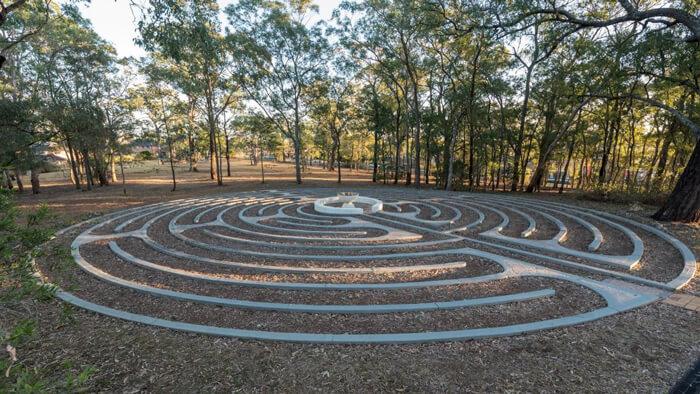Spiritual Direction
What is Spiritual Direction?
It involves regular, intentional conversations where a person can reflect on their relationship with the Divine (however they understand it), the stirrings of the soul, and their experiences of meaning, vocation, faith, doubt or transition.
A spiritual director is trained to listen deeply and help the person notice where God, Spirit or Life might be moving in their life.
Impacts and Outcomes of Spiritual Direction
Spiritual direction has a wide range of personal and spiritual benefits.

Who Seeks Spiritual Direction?
Spiritual direction is for anyone on a spiritual journey — not just clergy or religious. People who often seek it out include:
- Those in transition (grief, retirement, change of vocation).
- People feeling spiritually dry, stuck, or distant from God.
- Individuals discerning a calling, decision, or path forward.
- Anyone desiring to deepen their prayer life or faith.
- Those on a retreat or seeking spiritual nourishment.
It’s also common among:
- Teachers, caregivers, chaplains, and community leaders.
- People recovering from burnout.
- Seekers from all traditions or none.
Current Spiritual Direction Programmes
A Retreat in Daily Life
This Programme is Offered Online – Start Anytime
Experience the full Spiritual Exercises of St Ignatius entered into at home while going about your everyday life. This can be done over approximately thirty-five weeks, or a ninety-day at-home retreat. You connect with the Spiritual Director weekly via Zoom, or when possible, in person. To decide to enter this journey means making a commitment to a dedicated time of prayer each day and connecting with the Spiritual Director.
The retreat is offered, using Marlene Marburg’s contemporary expression of the Ignatian Spiritual Exercises in Grace Upon Grace. In this text, Marlene provides a rich, creative and fresh adaptation of the original Spiritual Exercises. Grace Upon Grace is not a book to read but a spiritual journey to take, being nourished by Marlene’s poetry and the invitation of the arts.
Director: Annette Arnold rsj
$80/hour excl. GST | $88/ hour incl. GST